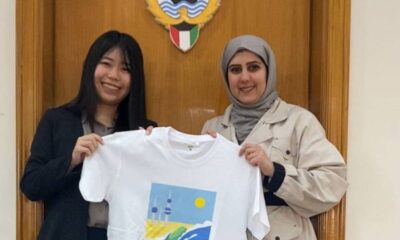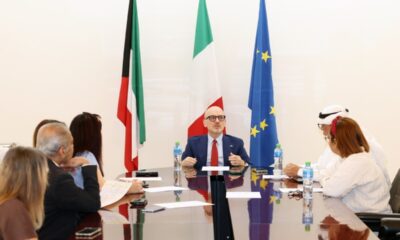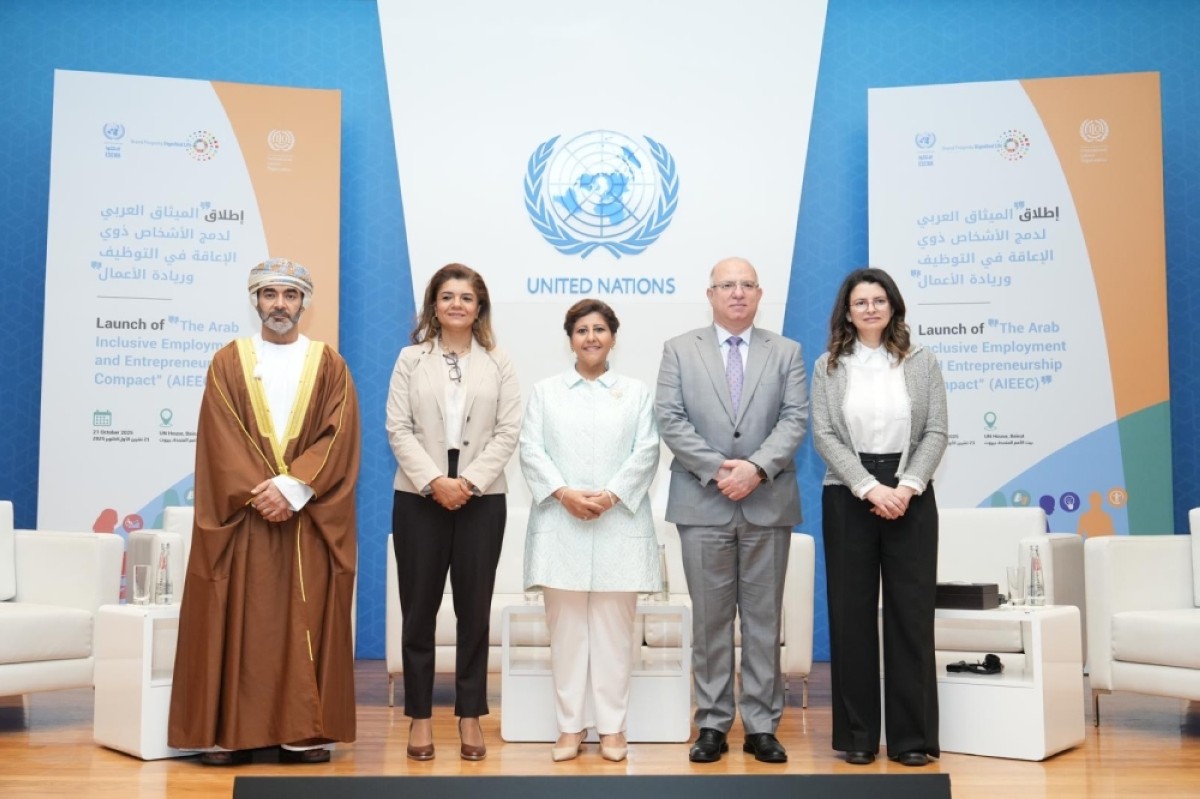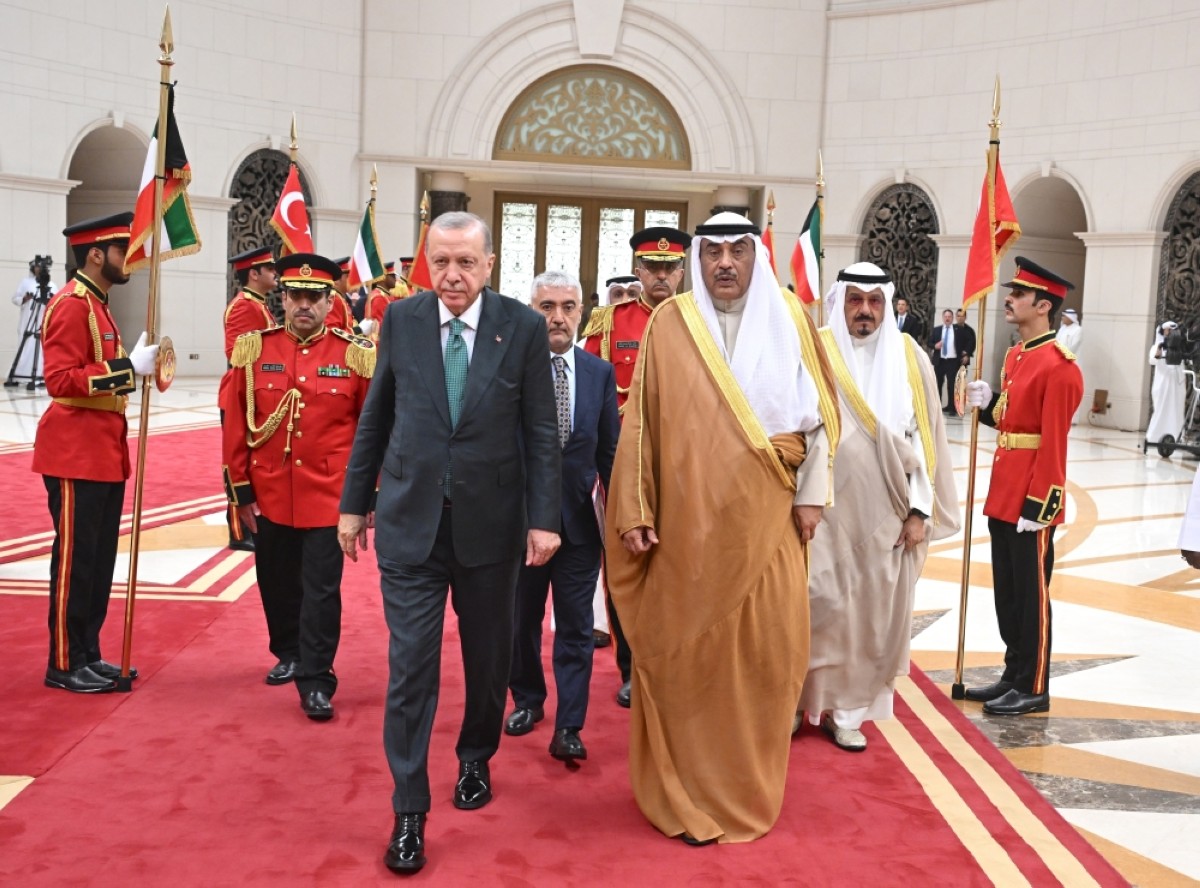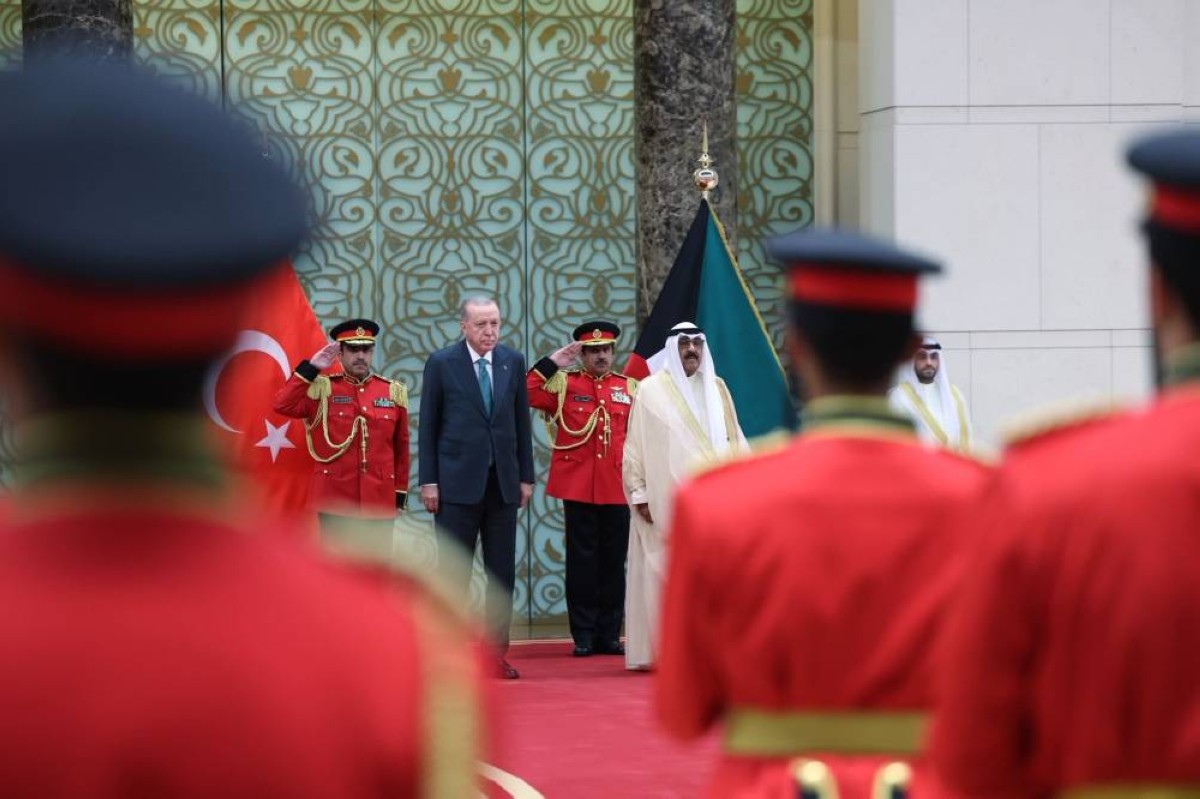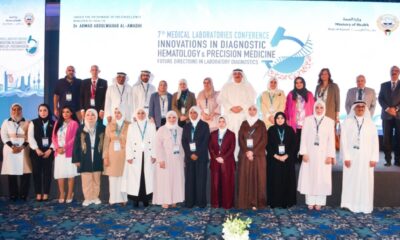BEIRUT: Assistant Foreign Minister for Human Rights Affairs, Ambassador Sheikha Jawaher Ibrahim Al-Duaij Al-Sabah, affirmed on Tuesday Kuwait’s commitment to the provisions of the Arab Charter on Human Rights and the International Convention on the Rights of Persons with Disabilities (CRPD). Her remarks came during the opening of a regional conference organized by the United Nations Economic and Social Commission for Western Asia (ESCWA) in Beirut under the theme “Building Inclusive Employment and Entrepreneurship Systems in the Arab Region: Challenges and Solutions.”
Ambassador Al-Sabah highlighted the importance of the conference in empowering persons with disabilities across the Arab region, promoting their integration into the labor market, and sharing best practices in employment. She also underscored the launch of the Arab Charter for the integration of persons with disabilities into employment and entrepreneurship, which aims to strengthen partnerships between public and private sectors.
She stressed that Article 27 of the CRPD guarantees the right of persons with disabilities to work on an equal basis with others, providing necessary employment services, vocational guidance, and support to secure suitable job opportunities. At the national level, she noted that Article 14 of Kuwait’s Law No (8/2010) requires all government, private, and civil society institutions to implement inclusive employment policies at a minimum rate of four percent, in line with Kuwait’s development vision, the Sustainable Development Goals 2035, and the government’s 2024-2027 program.
Ambassador Al-Sabah highlighted Kuwait’s notable achievements in the field, including the establishment of the National Committee to monitor CRPD implementation, approved by Cabinet decision in April 2025. She also cited the issuance of the Kuwait Code for accessibility in February 2025, designed to transform existing buildings into inclusive environments, and the Kuwait Disability Guide 2025, which ensures standardized assessment and diagnosis of disabilities in line with World Health Organization standards.
Ambassador Jawaher Ibrahim Al-Duaij Al-Sabah
She added that amendments approved by the Municipal Council now require the hotel sector to allocate 25 percent of hotel units to persons with disabilities, supporting their inclusion in the tourism and hospitality industry. Ambassador Al-Sabah also highlighted the ongoing Partners in Their Employment campaign, in cooperation with the UN, civil society, the private sector, and Kuwait University, which has, over five years, trained 381 individuals, allocated 242 job positions, and facilitated the employment of 79 in the public sector and 163 in the private sector.
The Assistant Foreign Minister stressed that functional integration in state institutions remains a priority, with government employment of persons with disabilities at 79 percent, the private sector at 8.5 percent, and the oil sector at 2.38 percent. She emphasized that promoting the rights of persons with disabilities requires preparing institutions and individuals to embrace their presence as genuine partners, not merely beneficiaries. On the sidelines of the conference, Ambassador Al-Sabah met with ESCWA Executive Secretary Dr Rola Dashti to discuss enhancing cooperation and sharing expertise in human rights.
In her opening remarks, Mehrinaz El Awadhi, Acting Deputy Executive Secretary for Programs at ESCWA, noted that economic empowerment of persons with disabilities is both a human rights issue and a driver of development, emphasizing that exclusion represents a loss of individual and national potential. Ruba Jaradat, ILO Regional Director for Arab States, highlighted that persons with disabilities constitute 15 percent of the global population, 80 percent of whom are of working age, yet they face significant barriers to employment. Lebanese Minister of Labor Mohammad Haidar stressed that inclusive employment and entrepreneurship systems add value to the labor market, promote equality, and foster dignity, productivity, and participation.
Earlier on Tuesday, ESCWA, in partnership with the ILO and the League of Arab States, launched the Arab Charter for the Integration of Persons with Disabilities in Employment and Entrepreneurship, serving as a collective declaration to promote inclusive employment in the Arab region. The second session of the conference focused on inclusive workplaces, sharing private sector experiences and addressing challenges faced by entrepreneurs and small and medium-sized enterprises. On Wednesday, the event will host the 11th meetings of the Intersessional Expert Working Group on Disability and the Expert Group on Reforming Social Protection Systems, a closed session for relevant government focal points.— KUNA





